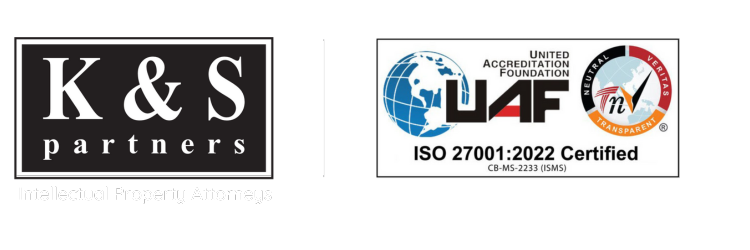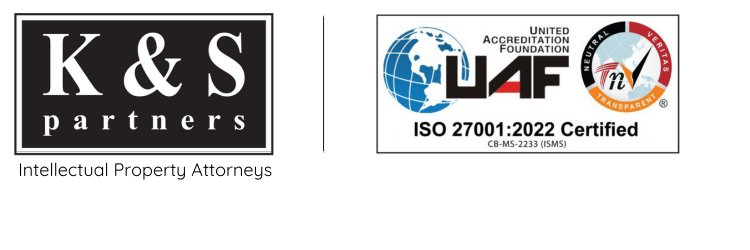
In an important decision, the Hon’ble High Court of Delhi has restrained JK Cement Ltd. (‘JK’) from using the trade mark “WEATHER SHIELD” in relation to cement.
Akzo Nobel Coatings International B V (‘Akzo Nobel’), an international conglomerate, owns one of the world’s most popular paint brands, DULUX which it uses as a standalone mark and in conjunction with its other reputed marks such as WEATHERSHIELD and VELVET TOUCH. Akzo Nobel filed a suit alleging that JK’s use of the mark WEATHER SHIELD for its cement products amounts to infringement and passing-off.
Rejecting JK’s defense that the mark WEATHERSHIELD is non-distinctive and descriptive, the Court held that Akzo Nobel has prima facie established that the mark WEATHERSHIELD has acquired extensive reputation, both in India and abroad, on account of long and continuous use and extensive marketing. To arrive at this finding, the Court relied on the dual test as articulated in McCarthy on Trademarks and Unfair Competition, namely, the “degree of imagination test” and “competitors’ need test”, which was followed in “Anil Verma v. R K Jewellers S K Group & Anr.” [(2019) SCC OnLine Del 8252]. The “degree of imagination” test requires the court to adjudicate whether a particular mark describes the quality or characteristics of the product or is merely suggestive of products or services. In case of difficulty in making an assessment whether the mark is ‘descriptive’ or ‘suggestive’, then registration of the mark will tilt the case in favour of the plaintiff. The second element of “need of competitors” is the degree to which a competitor, i.e. the defendant requires the same word to describe their goods, or whether there were alternate ways of describing them. Noting that that these two tests are interlinked, the Court observed that if more imagination is required to associate a word with a product in relation to its descriptiveness, the defendant can always adopt an alternative terminology. If the degree of imagination required is higher, the need of the competitor, would be lower.
Applying the above tests, the Court held that the mark WEATHERSHIELD is a coined word having only elements to suggest that the product would shield against weather, but on an overall assessment it cannot be said to be descriptive. The Court further observed that while ‘weather’ and ‘shield’ are two commonly used words, their combination in ‘WEATHERSHIELD’ is unique and distinctive. The Court also held that given that the defendant has attempted to seek registration of the mark ‘WEATHER SHIELD’ as part of the device, it cannot now allege that the said mark is generic.
JK’s argument that its goods being cement are different from Akzo Nobel’s goods being paints was also rejected by the Court. The Court held that the rival goods are allied and cognate and are in fact complementary to each other. The Court relied upon the ‘Aunt Jemima Doctrine’ (Aunt Jemima Mills Co. v. Rigney & Co., 247 F. 407, 2nd Circuit) which stipulates that a mark is protected on goods that buyers would be likely to think came from the same source as plaintiff’s goods.
Based on the above, the Hon’ble Court held that JK’s use of the mark WEATHER SHIELD in relation to cements amounts to infringement and passing off and thus violates Akzo Nobel’s rights in the mark WEATHERSHIELD.
Akzo Nobel was represented by Prashant Gupta, Jithin .M. George and Udit Tewari of K&S Partners.

